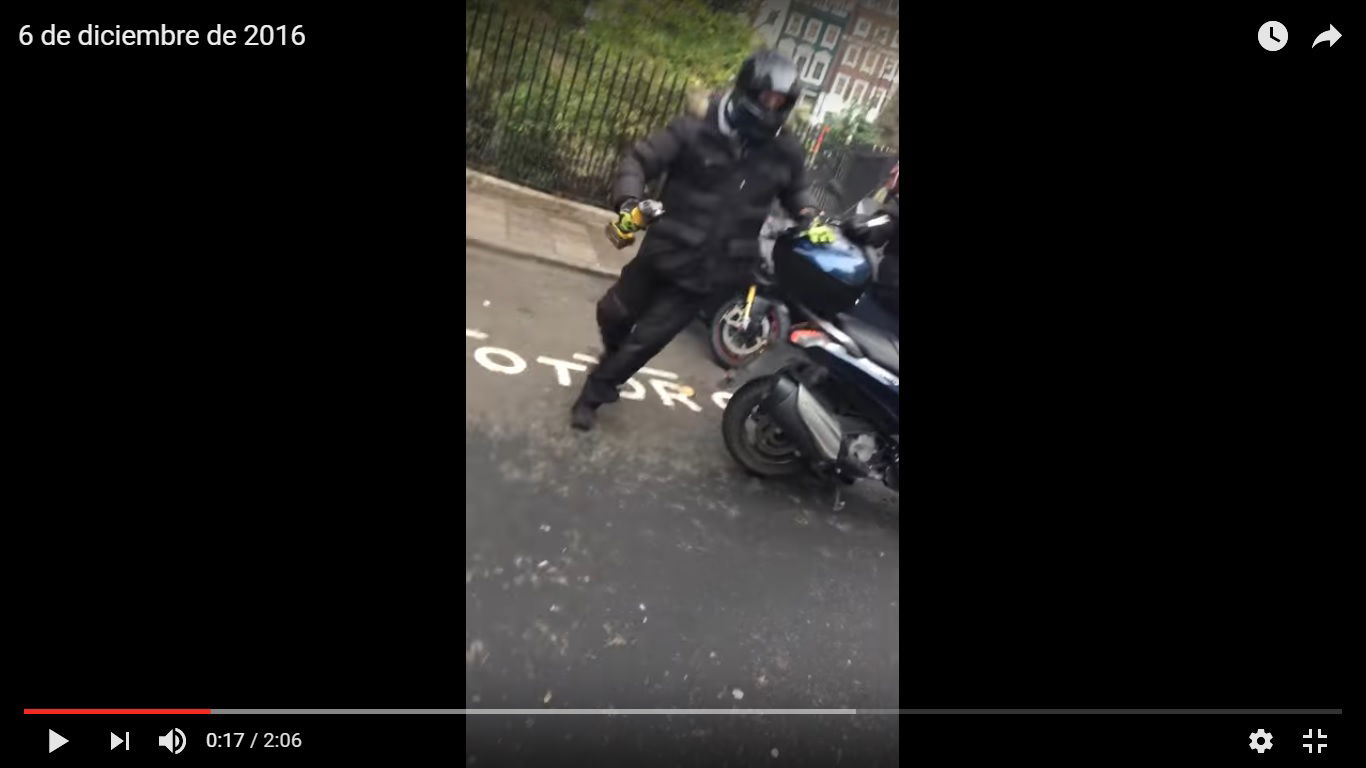New partnership aims to make roads safer for motorcyclists
Hghways England, National Police Chiefs’ Council and Motorcycle Industry Association to work together

HIGHWAYS England is to partner with National Police Chiefs’ Council (NPCC) and the Motorcycle Industry Association (MCIA) in an effort to make practical changes to improve rider safety in England.
The partnership will work to facilitate practical changes to roads that were detailed in a recent government white paper called ‘Realising the Motorcycling Opportunity: A Motorcycle Safety and Transport Policy Framework’.
The framework calls for motorcycles and scooters to be included in mainstream transport policy and for rider safety to be consistently factored into national road design – which hasn’t been the case in the past.
Identified in the white paper are seven areas to address to make roads safer for us, including: road user awareness, education, safe infrastructure, motorcycle industry engagement with society and working in partnership with cycling groups.
It advocates the following practical steps to reduce risks for riders: using rider friendly barriers and road surfaces, repositioning pillars, removing unnecessary signage, using non-slip manhole covers, prompt clear up of diesel - all good, easily actionable points that any motorcyclist is sure to identify in a conversation about what can be done to make roads safer for us.
The framework also backs unlocking the benefits of motorcycles and demonstrating exactly how they offer a practical solution to congestion.
Highways England aims to reduce the amount of people killed or injured on its 4,000 miles of road network as close as possible to zero by 2040 and will be taking the lead on safer infrastructure.
Mike Wilson, Highways England’s Chief Highways Engineer, said:
‘Safety is our top priority and we believe no one should be harmed when travelling or working on our road network. We are committed to both reducing the number of motorcycle incidents and casualties on our roads and to improving the experience motorcyclists have on those roads; this influential partnership with the industry and police supports that commitment.’
Tim Madgwick, Deputy Chief Constable for North Yorkshire Police and national motorcycle lead for the National Police Chiefs' Council says:
‘The Police service is on the front line, dealing with the devastation that is caused to families and the greater community by road traffic collisions. The opportunity to work with both Highways England and the Motorcycle Industry Association gives us far greater scope to make our roads a safer place, not only for those who use powered two wheelers, but for all road users. In addition to the safety aspect, encouraging greater use of motorcycles will also contribute greatly to reducing congestion and therefore journey times across the country.’
Karen Cole, Director of Safety and Training, says working in partnership with HE and NPCC could produce the breakthrough that motorcycle safety deserves:
‘Highways England brings significant resource to this ambitious project; financially and in terms of influence, expertise and evidence-based decision making; add this to police backing and we have an unprecedented opportunity to make a huge difference to riders.
‘For too long, motorcyclists have been at the bottom of the pecking order in terms of priority for traffic management and road planners. Often ‘safety advice’ is a thinly veiled attempt to keep people off motorbikes and scooters, rather than a genuine attempt to reduce their vulnerability. It is important to recognise the transport choice of riders and address their needs appropriately. Ignoring motorcyclists increases their vulnerability.’


.jpg?aspect_ratio=1:1)




